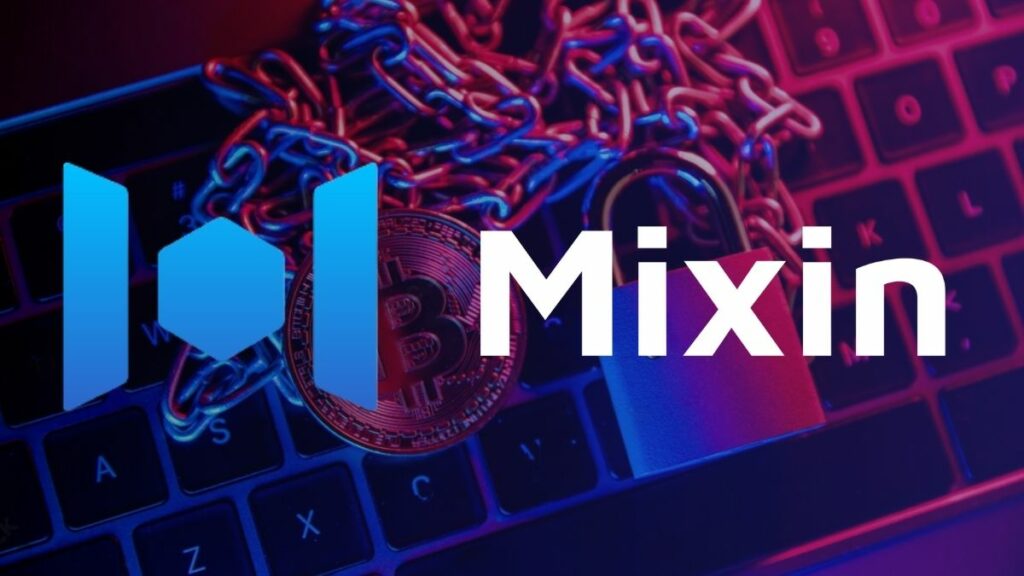Mixin Network has shared an encrypted message to offer a bug bounty of $20M to the hacker behind the $200M exploit. The exploit was carried out on September 23. Mixin Network confirmed the hack on September 25 and revealed that the hackers were able to take advantage of a third-party cloud service provider, resulting in an exploit of nearly $200M. Therefore, the platform is now looking to strike a deal with the hackers for the return of the funds.
As per the message, Mixin Network stated,
“Most of our platform assets were users, and we hope you can refund them. You can keep $20M of the assets as a BUG Bounty Reward for the BUG.”
On the other hand, the founder of Mixin Network, Feng Xiaodong stated in a chinese site that the network would reimburse the affected users for a maximum of 50% of their lost funds. As far as the remaining funds are concerned, they will be returned in the form of bond tokens. These tokens will be repurchased by the business through its earnings in the future.
Mixin Exploit Adds to the List of Affected Bridges
As per details from an on-chain analytic platform, the hacker had a previous history of interacting with Mixin Network. Back in 2022, the address of the hacker received 5 ETH from MIxin. This revelation certainly raises suspicions and doubts in the minds of users. However, it is yet to be seen if the network can negotiate a deal with the hackers and get the funds back for its users.

The hack is an addition to a long list of decentralized finances (DeFi) exploits this year. Cross-chain protocols have remained at the receiving end of several exploits this year. As per a finding, they account for more than 50% of all DeFi exploits since September 2020. They also account for over $2.5 billion of losses. This mammoth figure puts a question mark on the security of cross-chain protocols.
Cross-chain protocols are known for holding a substantial amount of funds from a number of chains. Due to this, they are quite vulnerable to hacking attempts and exploits. However, it is a major negative point against the DeFi world. Many consumers are refraining from DeFi protocols due to the security risks associated with them.










